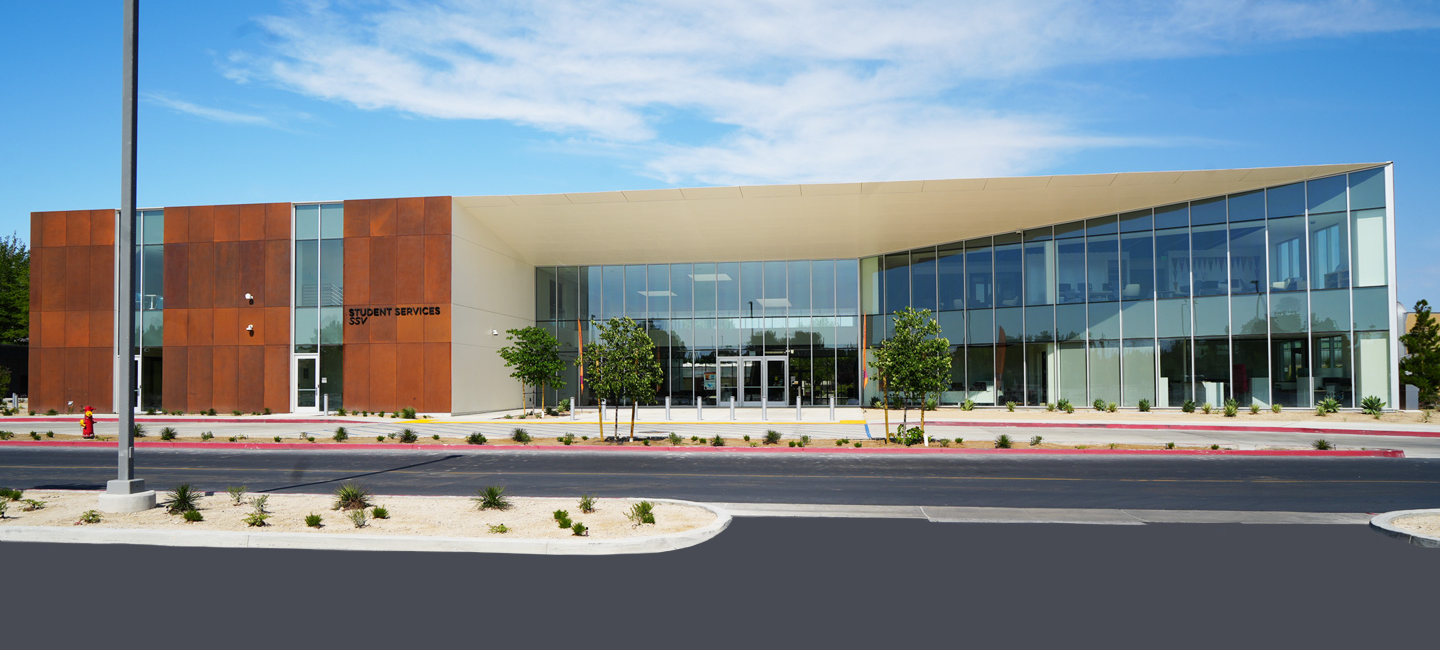
Campus Post-COVID Best Practices Guide for Students
In accordance with local, state, and federal guidance, COVID-19 protocols and guidelines expired February 3, 2025. While COVID-19 continues to be a threat, testing and reporting requirements in schools and places of employment have ended.
At AVC, all students are encouraged to use best practices learned during the pandemic to promote a healthy environment where everyone is considerate of others when experiencing symptoms or illnesses and take precautions to keep everyone safe.
The health and safety of the entire AVC community continues to be our top priority. Keep in mind that respiratory illnesses, viruses, colds and the flu are contagious, so it is important to stay vigilant and continue to DO YOUR PART to keep the college community safe and healthy.
Campus Information
For any questions or concerns, contacthr@avc.edu.
Self-Screening
The self-screening tool is no longer required and is not being monitored.

 In accordance with local, state, and federal guidance, COVID-19 protocols and guidelines expired February 3, 2025. While COVID-19 continues to be a threat, testing and reporting requirements in schools and places of employment have ended.
In accordance with local, state, and federal guidance, COVID-19 protocols and guidelines expired February 3, 2025. While COVID-19 continues to be a threat, testing and reporting requirements in schools and places of employment have ended.